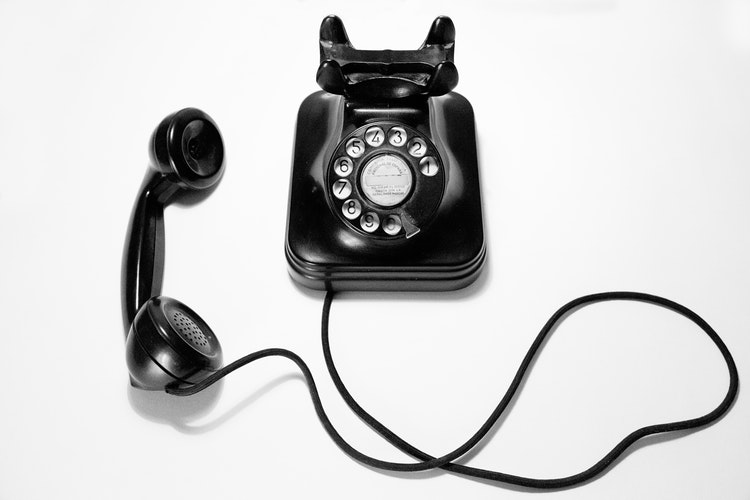If you are a company looking to reap all the benefits of having a cloud-based system for call recording, you will need to research well before selecting your call recording provider. This means knowing the right questions to ask to ensure that you are implementing the most efficient long-term solution for your business. In this article, we will guide you through the key questions to ask your future Call Recording Provider before actually signing the contract.
1. Can you guarantee compliance with security regulations?
Call recording is subject to multiple regulations across the globe, especially in Europe where earlier this year the European Commission implemented MiFID II (Markets in Financial Instruments Directive) and the GDPR (the General Data Protection Regulation), with the purpose of providing greater transparency, and protecting the privacy of citizens.
For this reason, it is extremely important to ensure that your call recording provider is compliant with all security regulations that apply to your business, country, and industry – for example, companies that handle credit card data should also be compliant with the payment industry standard PCI-DSS. Furthermore, North-American businesses that want to record their calls professionally are also subject to the Dodd-Frank Act.
At CWS, we comply with multiple international and national security regulations to ensure that the users of our cloud-based call recording solution Recordia are able to record all interactions safely and legally.
2. For how long can I store my recordings?
While we are on the topic of security regulations, it is important to ensure that your call recording provider offers a sustainable, long-term storage of your interactions. For example, companies that are subject to MiFID II are obligated to store their recordings for 5 years, sometimes even up to 7 years. Even if you are currently not subject to any particular regulation, it doesn’t mean that this won’t change in the future – so make sure that you hire a call recording system with unlimited cloud-based storage to have one less worry in the long run.
3. Will my recordings be accessible from anywhere?
Recording and analyzing your interactions provides plenty of benefits such as improving the quality of your customer service – to achieve that, your agents will need to access them multiple times per week, and most probably from different locations across the globe.
This means that on-premise systems will not have the sufficient flexibility to provide an easy access to recorded interactions from any corner of the world at any time. For this reason, it is recommended to select a cloud-based call recording provider instead – and have full availability to your content without any hardware-related inconvenience.
4. What costs are involved?
Another important thing to keep in mind is the costs associated with your call recording service – apart from regular fees for consumption, some providers also charge setup, installation, maintenance and upgrade fees that can quickly add up to the total expenses. To avoid that, make sure that all costs are absolutely clear, and that there will be no surprises. In this sense, cloud-based providers are usually the cheaper option as they allow for a flexible scalability, and you pay only for what you use.
5. How long does deployment take?
Before selecting a provider, make sure that he will be able to deliver a fully functioning system within a short period of time, with little to no disruption to your working environment. To calculate the deployment period, don´t forget to consider the time needed for negotiation and contract documentation, setup and configuration, technical surveys and testing, among others. If possible, ask for references from other users to get a first-hand experience.
Additional considerations before selecting a call recording provider
There are various things to take in mind before signing a long-term contract with a call recording supplier. Among the ones mentioned above, make sure to consult the availability of technical support for possible issues, as well as options for disaster recovery, data back-ups, and application integration.
Additionally, it is important to ensure that your supplier has taken the necessary measures against data redundancy and loss of data – for example, our cloud-based solutions have a data consistency of 99.9999999%, meaning that only one of 10 million conversations could potentially be lost.
If you have any questions concerning cloud-based solutions and which is the right one for your business, do not hesitate to get in touch with one of our representatives.

